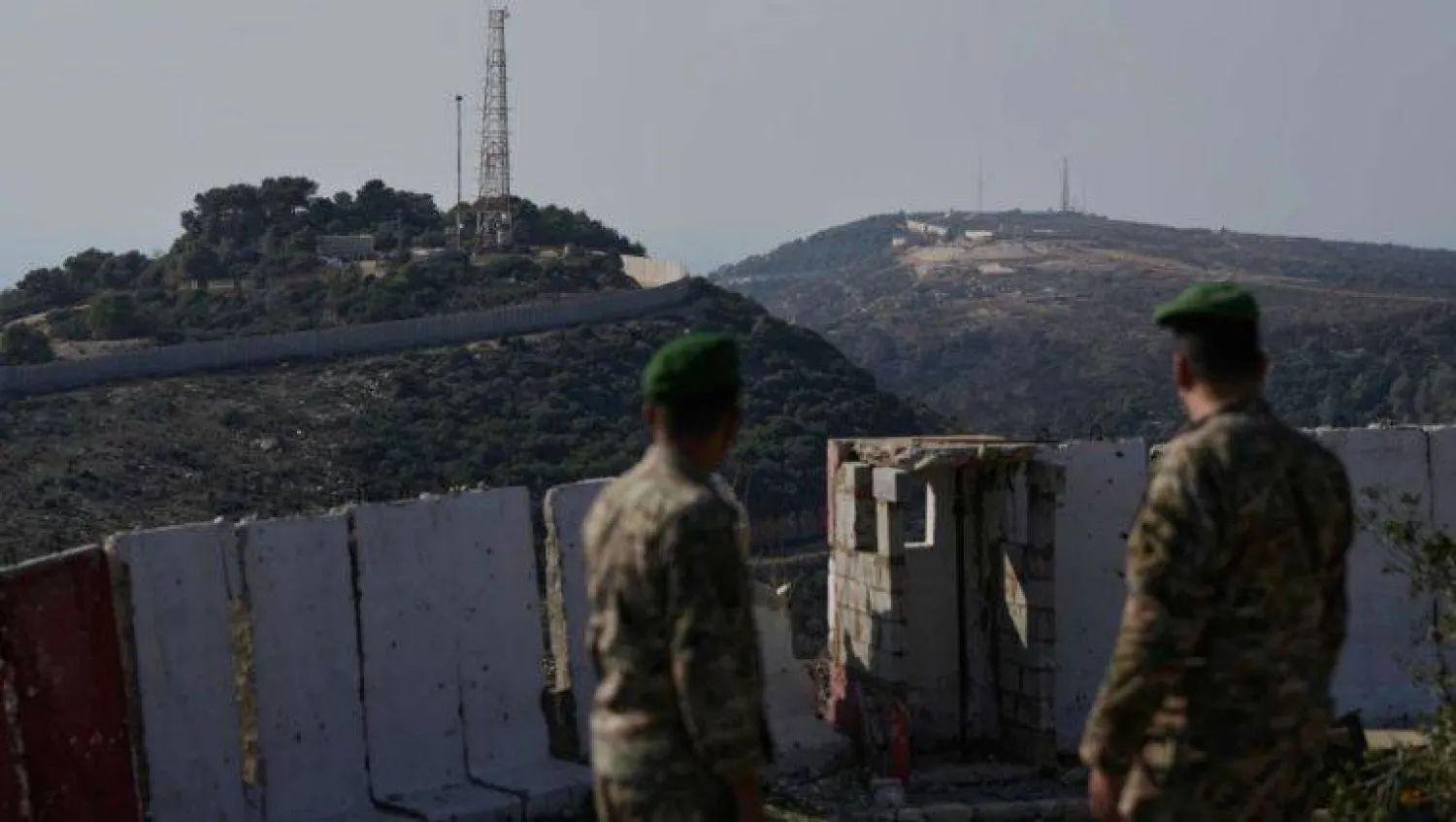UN Special Envoy for Yemen Hans Grundberg noted on Thursday a relative improvement in conditions in areas held by the legitimate government, warning, however, that “without a wider negotiated political settlement to the conflict, gains will continue to remain vulnerable to reversal.”
In a briefing before the UN Security Council, he said 73 UN colleagues are being held in Houthi jails. “Many have been held incommunicado, with serious concerns about their conditions and wellbeing,” he added.
He called on the Houthis “to unconditionally and immediately release detained staff and rescind all court referrals,” urging regional and international actors to use their influence to push for the same outcomes.
Elsewhere, he said that “there are early positive signs in government areas, including improvements in the provision of electricity and payment of public sector salaries. However, continued tensions, recent security incidents and demonstrations, where in some cases violence and loss of life have been reported, underscore the fragility of the situation.”
“Improvements in service delivery can be reversed if security deteriorates, if economic reforms stall, or if institutions are pulled in competing directions,” he warned.
“The new cabinet under Prime Minister Shaya al-Zindani’s leadership can protect recent gains by anchoring them in strengthened institutions and economic reforms. That will require an enabling environment that shields the cabinet and the Central Bank from politicization and rebuilds confidence,” continued Grundberg.
Political process
He revealed that in recent weeks, he has been engaging with the Yemeni parties, regional actors and members of the international community to explore pathways to restart an inclusive political process. His office has also been consulting with diverse Yemenis on this question, including with governors to gain more nuanced insights into local concerns and how to address them at the national level.
Grunberg said: “Across these discussions, three reflections on the way forward are clear: First, we must be honest about what more than a decade of war has done to Yemen. The conflict has become more complex. Lines of contestation have multiplied and local dynamics have grown alongside national ones.”
“While regional tensions have increasingly fueled the conflict and been fueled by it, our common objective has remained steady and firm: Yemen needs an inclusive political process under UN auspices to reach a negotiated political settlement that can sustainably end the conflict,” he urged.
“But getting there requires that the parties adopt a forward-looking approach. We need to build on what still works, revise what are outdated assumptions, and be pragmatic in designing a political process for today’s reality.”
“Second, Yemen’s conflict is a set of interlocking files. Treating political, economic and security issues in isolation can only produce partial results that will not hold,” said the envoy. “Restarting a political process will therefore require that the parties engage across these tracks in tandem, without making engagement in one track contingent on progress in another.”
“And third, a credible process must deliver for Yemenis on two time horizons. It should enable near-term agreements that reduce suffering and demonstrate progress, including economic de-escalation measures. At the same time, it must create space for Yemenis to negotiate the longer-term issues essential to ending the conflict, including the future shape of the state, security arrangements and principles of governance,” Grundberg added.
On the issue of detainees, the envoy said the file “is a clear example of what can be achieved when the parties choose to engage in dialogue.”
“Right now, the parties are in Amman, negotiating face-to-face under UN auspices, to work through the complex task of finalizing names of detainees so a release operation can materialize, building on the agreed outcome of their meeting in Muscat in December,” he told the council.
He encouraged the parties to sustain this engagement, finalize the remaining elements “without delay, and move swiftly to implementation”. He thanked Jordan for hosting these negotiations, and the International Committee of the Red Cross for its “indispensable” role.
Broader conflict
Grundberg also noted regional tension and hoped for de-escalation.
“Whatever the regional trajectory, Yemen must not be pulled back into broader confrontation. The question of peace and war is, fundamentally, a national one. It cannot be outsourced, nor can it be appropriated by a single actor,” he said.
“No single Yemeni actor has the right to unilaterally drag the country into a regional conflict. The responsibility borne by all Yemeni actors and decision makers is first and foremost to the Yemeni people – to their security, to their livelihoods and to their future,” he added.
“Upholding Yemen’s national interest and the aspirations of all its people must remain the guiding principles at all times including in moments of heightened tension. Restraint, in this context, is an obligation,” he urged.









